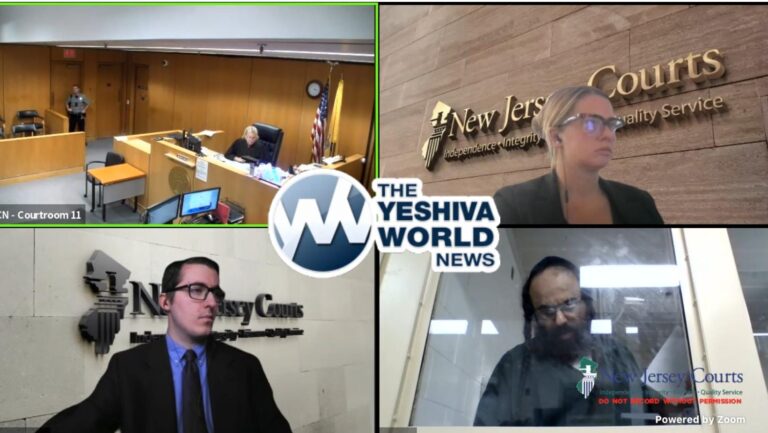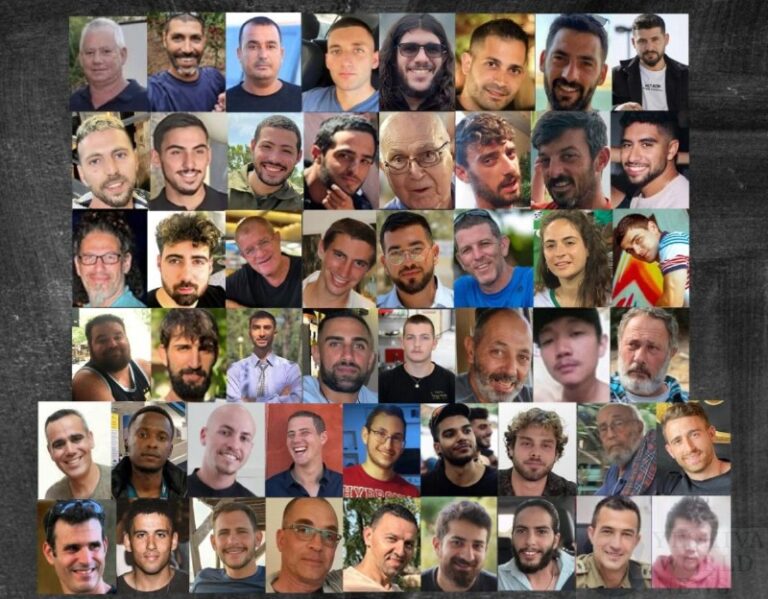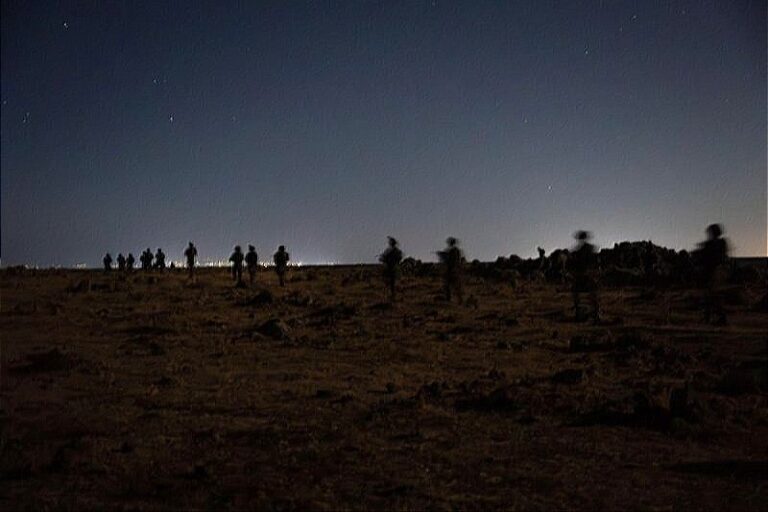On Monday afternoon, the Pulitzer Prize Board announced the winners of its coveted annual awards – and did not include the deeply objectionable New York Times series on the Orthodox Jewish community and their yeshivas.
While there is no way of knowing with certainty why the much ballyhooed series did not receive a Pulitzer Prize, the news that The Times was not awarded for its one-sided and erroneous portrayals of Orthodox and Hasidic Jews was greeted with much appreciation and relief in Orthodox Jewish circles.
KnowUs, a project of Agudath Israel of America, had alerted the Pulitzer Prize Board – in the form of a 30-page open letter mailed to every Pulitzer Prize Board member – that The Times based its coverage upon demonstrably misleading data, buried sources, and numerous other violations of the Pulitzer’s own journalistic standards. Had the series been feted with the prestigious Pulitzer Prize, its deeply objectionable portrayal of the Orthodox and Hasidic communities would have only been exacerbated.
Beyond its likely role in preventing The Times series from receiving this coveted award, KnowUs has shown, throughout the past few months, that there are those who still value truth, diversity, and religious and parental rights.
Countless outlets have covered KnowUs’ work and pushed back against the jaundiced narrative foisted upon readers of The New York Times.
“Respected intellectuals, secular Jewish organizations, including the Anti-Defamation League, and numerous national and state elected officials deserve specific appreciation for going on record, standing up for the Orthodox Jewish community, and fending off hateful invectives artfully posing as ‘constructive’ criticism,” said Avrohom Weinstock, director of KnowUs. “Such actions, and such people, give KnowUs and the Orthodox Jewish community hope for a more transparent, tolerant, and respectful tomorrow.”
KnowUs will continue to inject these much-needed elements, along with as yet unreported data points and balance, as they relate to Orthodox Jews, into the public discourse.












11 Responses
Well done!
Stupid article. A story you don’t like did not receive a Pulitzer Prize: That is news?
Huju; you seem to be a am haaretz and a antisemitic jew
Yankele, that’s stronger than necessary.
He has a legitimate point the the article should have mentioned whether there was any reason to suspect that this objectionable article would have received a Pulitzer prize. If YWN would quote inside sources that this article was a strong contender for a prize, its ultimate failure to receive one would indeed be newsworthy.
i agree with huju
who cares
KnowUs is just more failing PR from the Agudah. Faces of Orthodoxy and Jew in the City do a much better job. I’m glad they contacted the Pulitzer board members; that could be done under the regular Agudah banner.
It is a great relief that they were not awarded the prize. It would have been an imprimatur on the lies and misdirection. It is likely that the majority of the Pulitzer committee shares The Times’ prejudices and are predisposed to add their stamp of approval in order to publicize the allegations, so thank you! to the Agudah for making sure this did not happen.
Since the article had already been discredited by independent fact checkers, and its accuracy (and by implication, the professionalism of the reporters challenged) questioned in other establishment newspapers (e.g. Wall Street Journal), it is not surprising that the Pulitzer committee would not be impressed. One has to ask why one would have thought that the articles would have even been considered for an award.
the aguda is the MOST important Jewish org. on the planet it is headed by askanim who heed daas Torah advice for everything, they also tell us whom to vote for and we must be mevater to them as they work lshem shomayim.
To Yankele1: What makes you think I am anti-semitic? That you think I want Jews to be fluent in the language of the place they live in? That they should know more math than addition and subtraction? The world has changed since the days when Yiddish was first spoken.
huju: Are you suggesting that Brooklynese (really the dialect spoken by a large number of people in New York City) is inferior to real (either WASP or King’s) English?
If you should ever visit 13th Avenue in Brooklyn, do you see grinding poverty? Rather you see people complaining about tuition and rents, lots of restaurants, lots of crowded stores, and a community that manages to afford to “go to the country” in the summer; remember to visit some neighborhoods that are considered “not the right neighborhoods” by the bourgeoise, and see how the public school graduates live.